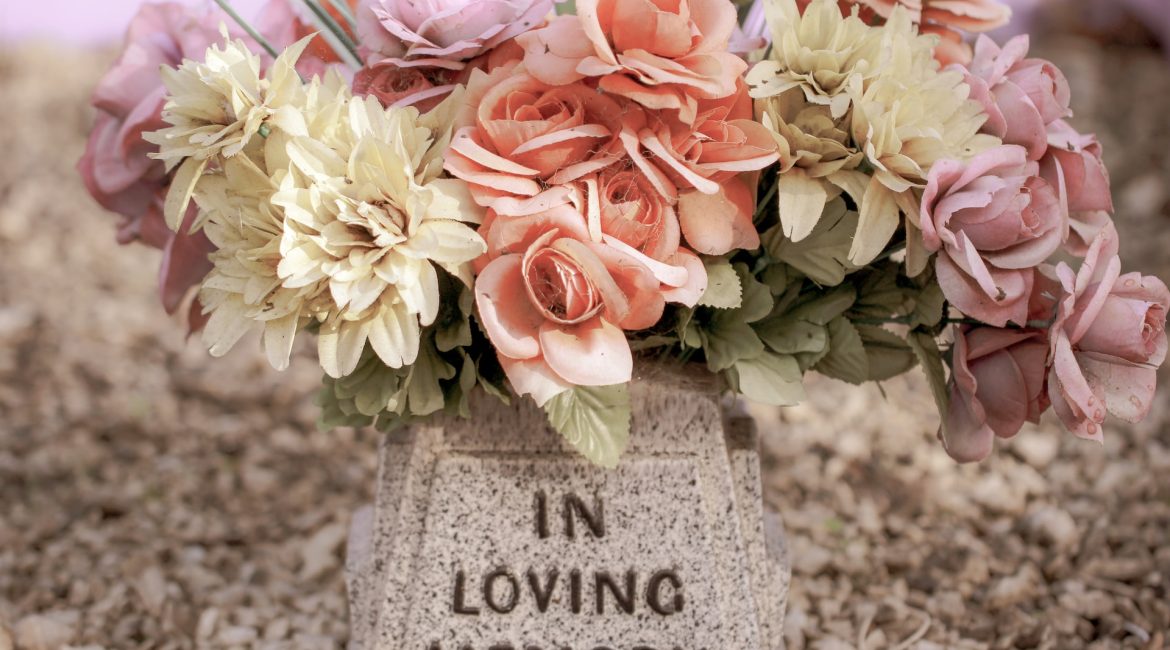Dianne Feinstein, the long-serving Democratic senator from California, passed away on Thursday night at the age of 90. Her political journey, marked by both triumphs and controversies, began with a heart-wrenching tragedy that thrust her into the limelight.
The 1978 Assassinations: A Turning Point
In 1978, San Francisco was rocked by the brutal assassinations of its mayor, George Moscone, and supervisor, Harvey Milk, the first openly gay man elected to office in California. The tragic event propelled Feinstein, then president of San Francisco’s Board of Supervisors, to the role of acting mayor. She would later be formally elected as the city’s first female mayor by the Board of Supervisors.
Feinstein’s impromptu press conference, held just minutes after the murders, became a defining moment in her political career. Her announcement of the deaths of Moscone and Milk was met with audible gasps and screams from the gathered crowd, a moment that she would later describe as formative for her political journey.
Advocacy for Gun Control and Gay Rights
The assassinations deeply influenced Feinstein’s policy priorities. She became a staunch advocate for stricter gun control, introducing a ban on handgun possession in 1982 during her tenure as San Francisco’s mayor. Later, as a senator, she penned the 1994 assault weapons ban and consistently championed tighter gun regulations.
In addition to her gun control efforts, Feinstein also took significant steps to support gay rights. She appointed Harry Britt, an openly gay man, as a supervisor to fill the vacant position left by Milk. Furthermore, she channeled funds for HIV/AIDS research during the early days of the crisis and played a pivotal role in organizing the first national AIDS task force.
However, her tenure as mayor wasn’t without its challenges. Feinstein occasionally found herself at odds with some segments of the gay community, especially when she vetoed health benefits for unmarried gay domestic partners.

The Story Behind the Assassinations
The tensions leading up to the assassinations of Moscone and Milk were palpable. Dan White, the man responsible for the killings, had a fraught relationship with both victims. A former police officer and firefighter, White had resigned from his position as supervisor due to financial constraints and growing disillusionment with city politics. However, he later sought to reclaim his position. After initially agreeing to reinstate White, Mayor Moscone reversed his decision, influenced in part by Harvey Milk’s opposition to White’s reinstatement. This set the stage for the tragic events of November 27, 1978.
White’s eventual conviction for voluntary manslaughter, rather than first-degree murder, ignited widespread outrage, particularly within the gay community. The verdict led to the “White Night” riots, highlighting the deep divisions and tensions within the city.
Remembering Feinstein’s Legacy
Feinstein’s passing marks the end of an era. As the oldest member of the U.S. Senate, she faced increasing scrutiny in her later years, with concerns raised about her fitness for office. Despite challenges to her health and calls for her resignation, Feinstein remained committed to serving her term.
In her passing, the nation remembers a political stalwart who navigated complex challenges, from the tragic events of 1978 to the intricate dynamics of the U.S. Senate. Her legacy, marked by advocacy for gun control and gay rights, will be remembered for years to come.
©loveinclusion.org





